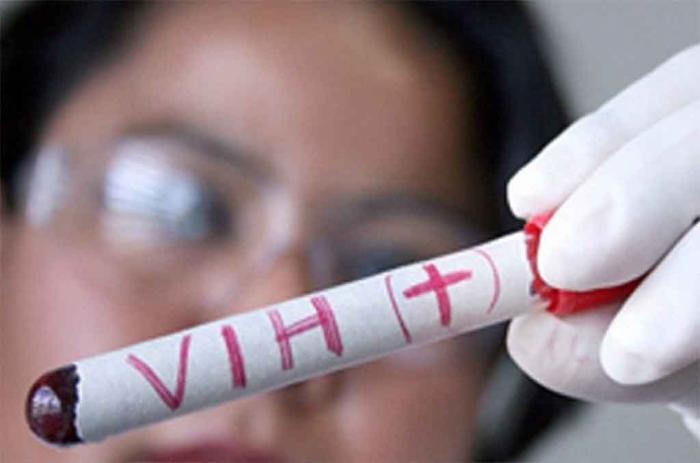
Preventing sexually transmitted diseases is everyone's responsibility, both the Ministry of Public Health (MINSAP, for its acronym in Spanish) and mass organizations.
Cuba is implementing a series of measures to protect and treat people living with the Human Immunodeficiency Virus, which causes Acquired Immune Deficiency Syndrome (HIV/AIDS), another example that in Cuba, no one is left unprotected.
To educate and raise awareness among the population about the prevention of this scourge that has threatened humanity since the late last century, campaigns began to disseminate the risks of contracting HIV, preventive methods, and the need for families to live a safe and responsible sexuality.
The MINSAP is implementing a mobile protocol—led nationally by the Comprehensive Care Program for People with HIV, comprised of staff trained to care for patients. Antiretroviral treatments and other medications or tests required by this group are also provided free of charge.
Conditions are also created on the island to support patients or individuals in need of counseling, as in each province there is a Network of People Living with HIV, a collective that also supports educating people about the disease, since even today there are many stigmas towards virus carriers.
The prevention of sexually transmitted diseases such as HIV/AIDS requires the efforts of both public health and society at large to achieve a more just country where everyone is equal.
For years, the nation has accumulated experience in caring for HIV-positive people, and among its achievements is being the first country in the world to eliminate mother-to-child transmission of HIV and syphilis. (Text: Roger Ariel Díaz Sánchez/Radio Cadena Agramonte) (Photo: Prensa Latina)